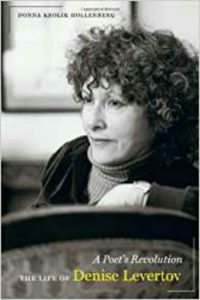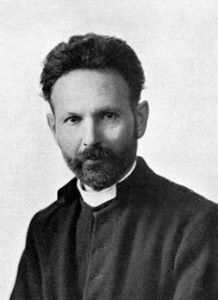Pentecost, 19 May 2024. The Very Rev. Pamela L. Werntz
- Acts 2:1-21. All were amazed and perplexed, saying to one another, “What does this mean?” But others sneered and said, “They are filled with new wine.”.
- Romans 8:22-27. For in hope we were saved. Now hope that is seen is not hope. For who hopes for what is seen?
- John 15: 26-27, 16:4b-15. You also are to testify.
O God, the eternal flame, grant us the strength, the wisdom and the courage to seek always and everywhere after truth, come when it may, and cost what it will.
Happy Pentecost! It doesn’t have quite the same ring to it as Merry Christmas or Happy Easter, does it? I don’t know why that is, but for Episcopalians anyway, Pentecost just hasn’t caught on like the birth story or the life-after-death story. Maybe it’s because Pentecost is a story about breath and wind, about inspiration that is intoxicating, about passion that burns. It’s hard to come up with a mascot like Santa Claus or the Easter Bunny for those things! It’s hard to talk about the power of breath and wind, of inspiration and passion, about fire in the belly, for those of us socialized to sit quietly, sing softly, and not call attention to ourselves or our faith. But I would argue that one way to talk about Pentecost is to talk about the facts of life. Continue reading



